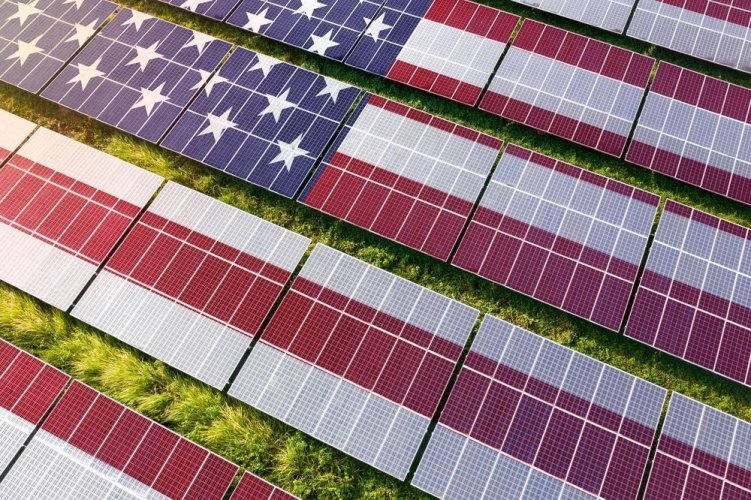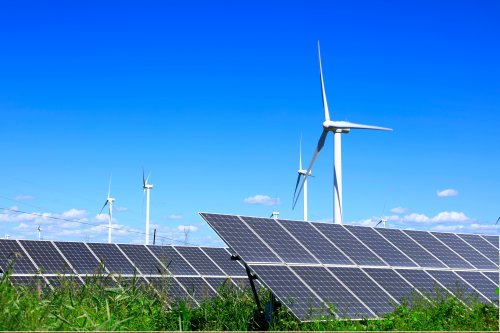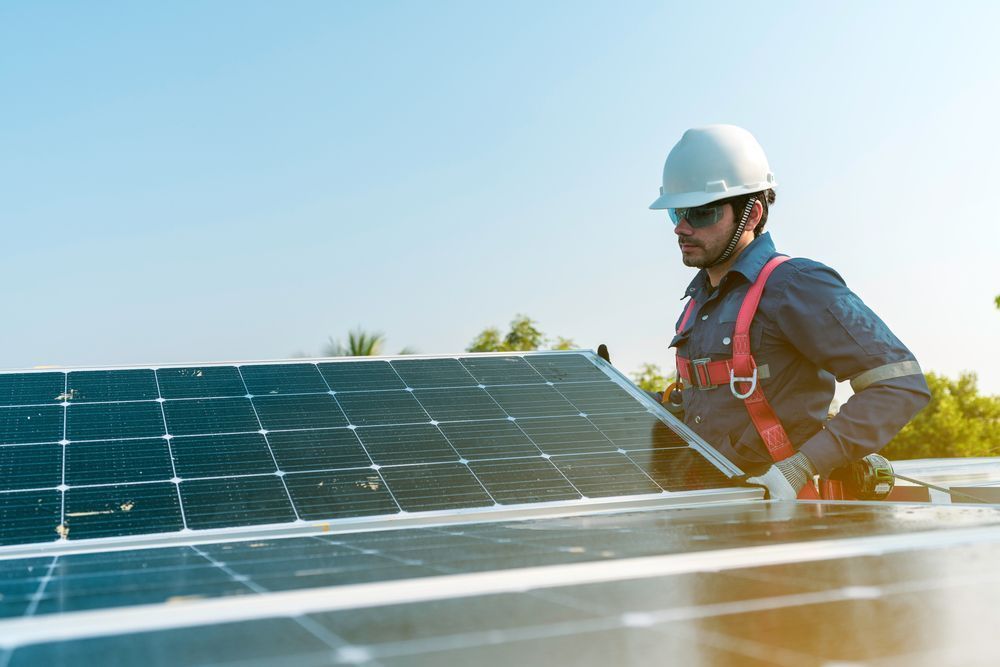The United States has imposed new duties of up to 3521% on imports of solar panels from four Southeast Asian countries: Cambodia, Vietnam, Malaysia and Thailand.
This was reported by Bloomberg.
The new duties are the final result of a year-long trade investigation initiated by US manufacturers and launched under former US President Joe Biden. The investigation found that PV panel manufacturers in the Asian countries unfairly benefited from government subsidies and sold exports to the United States at prices below production costs.
According to the Ministry of Commerce, anti-dumping and countervailing duties for Cambodia were set at 3521%. Vietnamese unnamed companies will face a duty of 395.9%, and in Thailand – 375.2%. The national rates for Malaysia were set at 34.4%.
Jinko Solar was subject to duties of about 245% for exports from Vietnam and 40% for exports from Malaysia. Trina Solar in Thailand faced fees of 375%, and from Vietnam – more than 200%. JA Solar modules from Vietnam may be subject to a duty of about 120%.
The publication believes that the increased tariffs are a win for domestic producers, but at the same time strengthen the opposing forces that already threaten the development of renewable energy in the country.
“While the tariffs should benefit domestic producers, they will also hurt U.S. renewable energy developers that have long relied on low-cost foreign supplies, adding to uncertainty in a sector that is suffering from political and strategic changes in Washington,” Bloomberg said.
The publication named Hanwha Q Cells and First Solar Inc. as potential beneficiaries.
According to BloombergNEF, last year the United States imported $12.9 billion worth of solar equipment from the four countries that will be subject to the new duties. This is about 77% of total module imports.
As EcoPolitic previously reported, US President Donald Trump signed a decree to restore the American coal industry, describing it as “clean, beautiful, and essential to national energy security.”
We also told you that Elon Musk got into an eco-scandal due to more than twice the number of gas turbines installed for the needs of his company's data center.





